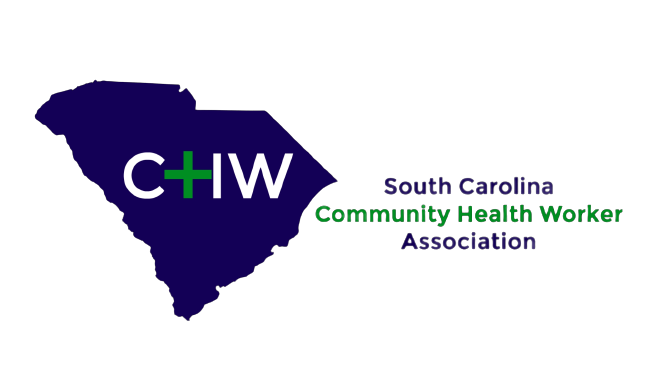Navigating Sexual Reproductive Health Education & Services for Black Males
Navigating Sexual Reproductive Health
Education & Services for Black Males
Event Details
Fact Forward developed emPOWERing K.I.N.G.S. a ten-session education curriculum and mentoring program designed to prioritize the sexual and reproductive health education of Black high school and college-aged young men ages 15-24. With ten comprehensive sessions covering contraception, STIs, and mental health, this initiative aims to equip young men with essential knowledge and skills. Initial results show promising increases in awareness and comfort levels among participants. Join us in empowering the next generation for success in sexual health and beyond.
In 2020, there were 2,203 reported cases of Chlamydia for adolescent males ages 15-19 in South Carolina. Of those cases, Black, non-Hispanic (NH) males accounted for 28.5%, compared to 8% of White NH males and .8% of Hispanic males. The same pattern is seen in reported Gonorrhea cases (1,102), where Black NH males accounted for 33%, compared to 5% of White NH males and 0.7% of Hispanic males. There are few sexual reproductive health education and service-based curriculums geared towards Black males ages 15-24. Health indicators suggest that Black youth, particularly Black males, demonstrate a need for the information and skills provided through sexual and reproductive health education and services. Fact Forward surveyed community members in South Carolina and responses pointed to a lack of programming, strategies, and approaches geared toward Black males, specifically around reproductive and sexual health services, and education.
Fact Forward developed emPOWERing K.I.N.G.S. (Knowledge Instills Next Generational Success, a ten-session education curriculum and mentoring program designed to prioritize the sexual and reproductive health education of Black high school and college-aged young men ages 15-24. Lessons focus on reproductive anatomy, contraception, STIs, pregnancy prevention, mental health, consent, and peer pressure. This curriculum was pilot tested in K-12 schools, DJJ, and community-based settings. The preliminary outcome data reached 112 students who met eligibility criteria. Youth were asked how likely they were to visit a medical provider within the next 6 months to discuss their sexual history and get tested for STIs increased to 277.586%, knowing an effective way to prevent an unplanned pregnancy increased 104.918%, naming at least one clinic they can go to receive sexual and reproductive health services increased 133.866%. Comfortability talking with a provider increased in the following topics: sex 115.884%, abstinence 100%, pregnancy 110.909%, dating/relationships 65.847%, condoms 71,144%, and birth control 85.519%.
